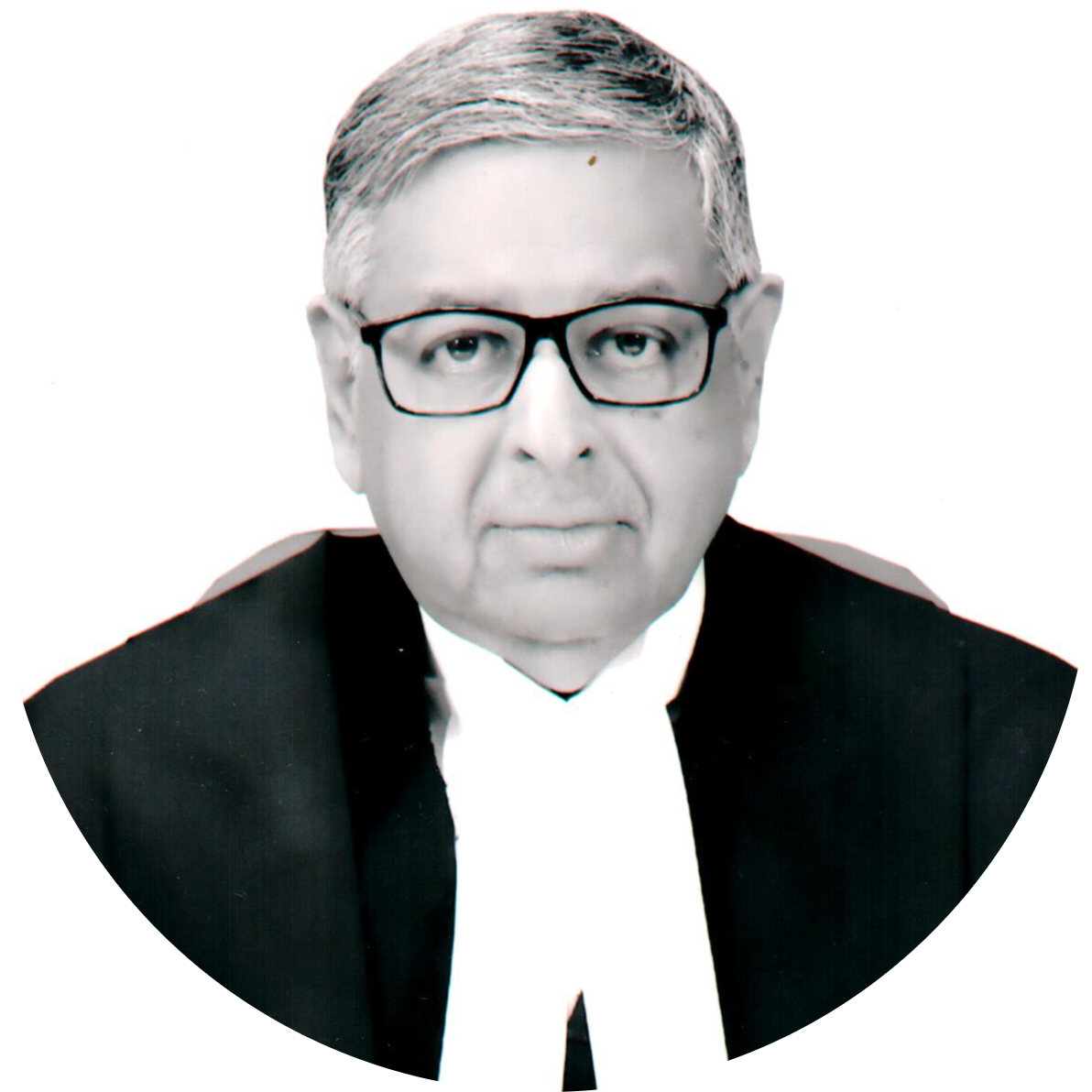Aadhaar- Social Media Linking
Facebook Inc v Union of India
The Supreme Court must decide whether to transfer to itself cases regarding mandatory Aadhaar-social media linking, currently pending before three High Courts.
Pending
Parties
Petitioners: Facebook Inc
Lawyers: Kapil Sibal; Mukul Rohatgi
Respondent: Union of India; Ministry of Communications; Ministry of Electronics and Information Technology; Ministry of Law and Justice; State of Tamil Nadu; Tamil Nadu Commissioner of Police; Antony Clement Rubin; Twitter Inc; Youtube LLC; WhatsApp Inc; Google LLC; Ministry of External Affairs; Internet Freedom foundation; Sagar Rajabhau Suryawanshi; State of Madhya Pradesh; Director General of Police, Bhopal; Amitabh Gupta
Lawyers: Attorney General KK Venugopal
Case Details
Case Number: TP (C) 1943-46/2019 (Diary No.32478-2019)
Next Hearing:
Last Updated: December 17, 2021
TAGS: Right to privacy
Key Issues
Does requiring mandatory Aadhaar linking to e-mail and social media accounts infringe upon the fundamental right to privacy?
What are the duties of intermediaries, such as social media platforms, in preventing cyber crime and the spread of fake news?
Case Description
Facebook has approached the Supreme Court seeking to transfer a set of cases regarding Aadhaar-social media linking. In particular, it has prayed to the Supreme Court to tag and transfer to itself four cases pending before three High Courts: two before the Madras High Court, one before the Bombay High Court and one before the Madhya Pradesh High Court.
Facebook contends that all four cases involve substantially similar reliefs and questions of law. Further, they involve the interpretation of central legislations, like the Aadhaar Act, 2016. Facebook is concerned that the High Courts may produce conflicting judgments, which will hinder its ability to operate a uniform platform across India. It contends that conflicting judgments may result in the fundamental right to privacy being available unequally across the Union.
The Cases
In 2018, animal rights activists Antony Clement Rubin and Janani Krishnamurthy filed PILs before the Madras High Court, seeking it to order the mandatory linking of e-mail and social media user accounts with ‘Aadhaar or any one of the Government authorized identity proofs’. The High Court expanded the scope of the petitions to include issues of fake news spreading on social media and traceability of originators of messages on WhatsApp. The court also sought to define liabilities of intermediaries, such as Facebook and Google.
The Bombay High Court matter pertains to paid political advertisements. In October 2018, advocate Sagar Suryavanshi filed a petition seeking to ban paid political content 48 hours before election day, under Section 126 of the Representation of Peoples Act, 1951. The Bombay High Court matter has since been withdrawn, as the Petitioner now intends to intervene in the transfer petitions before the Supreme Court.
The Madhya Pradesh High Court case was filed by advocate Amitabh Gupta in July 2019 and pertains to applying KYC to Facebook and WhatsApp. The petition seeks the court to direct Facebook (which owns WhatsApp) to verify new users via identity proof documents, such as Aadhaar.
Once the matter came before the Supreme Court, it directed the Union Government to file an affidavit with a timeline for the formulation of the guidelines to regulate social media intermediaries.
On 22 October 2019, the Supreme Court transferred the Madhya Pradesh and Madras High Court matters to itself. Further, it tagged a series of relevant pending Supreme Court cases to the matter.


